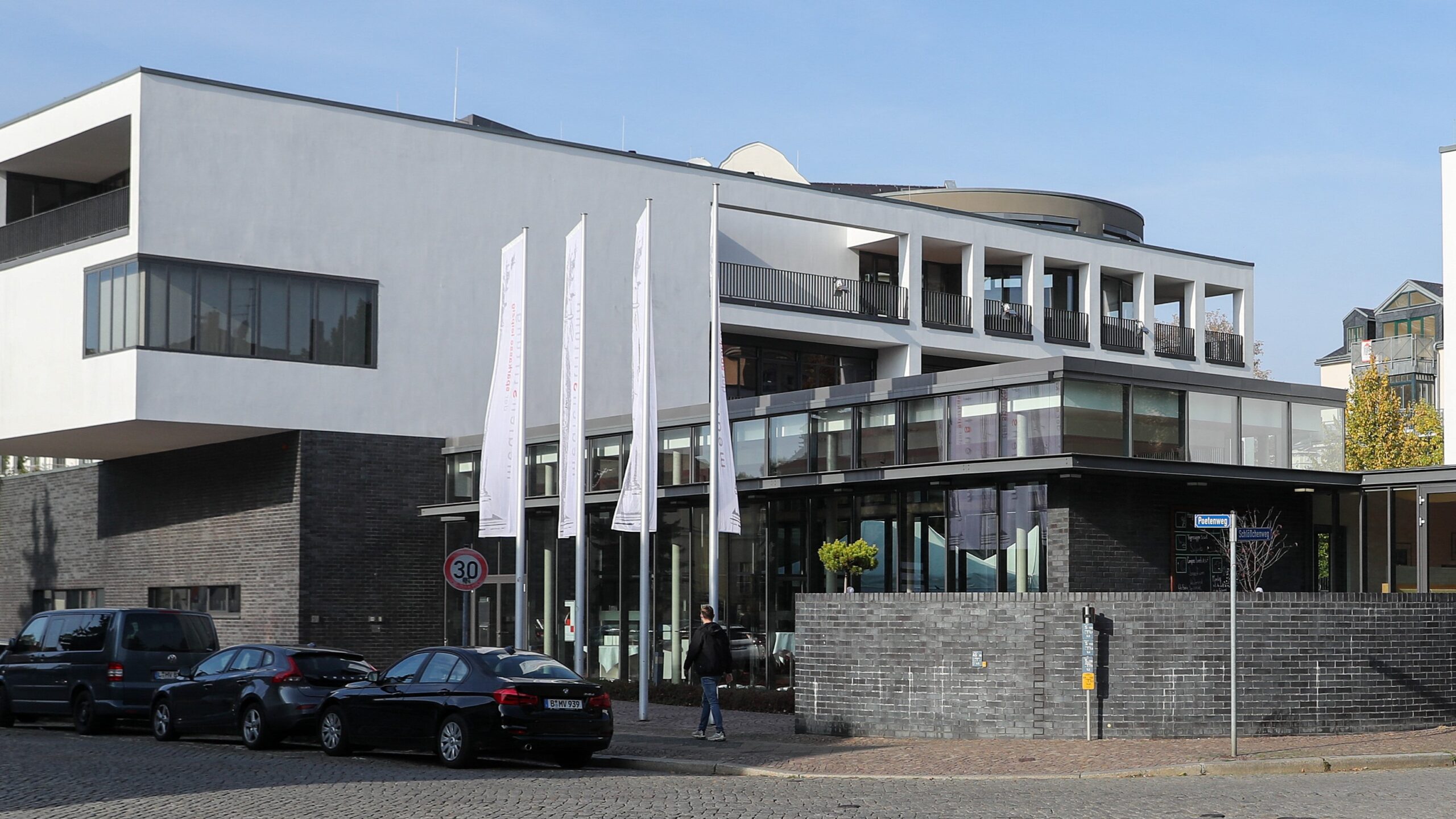The National Media and Infocommunications Authority of Hungary (NMHH) has challenged the findings of the Mapping Media Freedom – Monitoring Report released by the Leipzig-based European Centre for Press and Media Freedom (ECPMF). The NMHH claims that the report, which identifies numerous press freedom violations in Hungary, is biased and methodologically flawed.
The ECPMF’s annual report monitors press and media freedom incidents across the EU and candidate countries, documenting cases of physical attacks, harassment, psychological abuse, censorship, legal threats, and property damage. The latest edition describes a deteriorating trend in media freedom across Europe, including Hungary.
However, the NMHH, after reviewing the 2024 report, argues that its findings rely heavily on sources that present a singular narrative about the Hungarian media landscape. While the report does reference media outlets with differing perspectives, these are often portrayed as being involved in media freedom violations rather than as independent sources.
One of the key criticisms from the NMHH is the lack of transparency in how the report is compiled, as it does not disclose the names of its authors. Additionally, the authority points out that the report does not account for population size when comparing media freedom violations across different countries, making cross-country analysis less reliable.
The NMHH also highlights that previous editions of the report have misrepresented Hungary’s media environment. For instance, the 2021 report described Hungary’s Media Council as politically influenced, despite its independence being guaranteed by media laws. Meanwhile, the 2023 edition labelled media pluralism in Hungary as ‘critical’, even though, according to NMHH, a variety of viewpoints can be found across the country’s most-read newspapers and most-watched media channels.
According to the NMHH, the ECPMF’s reports often echo claims made by other international press freedom assessments. The 2021 and 2022 reports, for example, reiterated criticisms regarding legal proceedings involving Klubrádió and Tilos Rádió, despite NMHH’s previous detailed rebuttals of these allegations. The authority also accuses the reports of making subjective statements without factual backing, citing descriptions of Hungary’s media landscape as ‘strangled’.
The NMHH states that it supports professionally grounded evaluations of media freedom that present diverse perspectives without bias. However, it argues that the methodological and content-related shortcomings in the ECPMF reports prevent them from meeting these standards.
Related articles:








